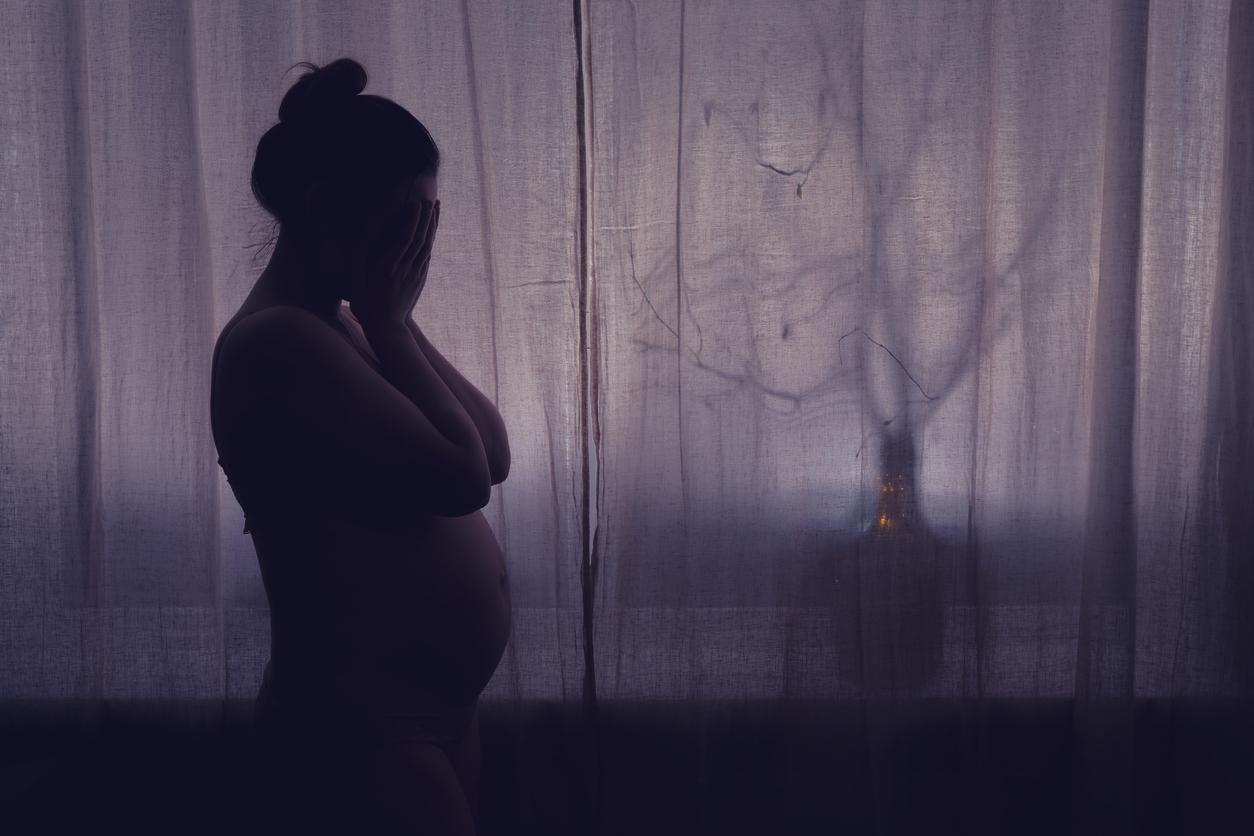Non-depressed women who received cognitive behavioral therapy via teleconsultation for sleep disturbances during pregnancy had a lower risk of suffering from postpartum depression up to six months after giving birth.

- Cognitive-behavioral therapy (CBT) has already been proven to reduce sleep disturbances, and in particular insomnia.
- Even performed online, CBT is also effective in reducing the risk of developing postpartum depression and anxiety in pregnant women.
A practice centered on cognition and behavior, cognitive-behavioral therapy (CBT) aims to positively modify the negative beliefs and thoughts that patients have about themselves. Particularly recommended in the event of the appearance of neurotic behaviors, it promotes the learning of new behaviors and has, on several occasions, shown positive effects on sleep disorders, and in particular insomnia.
According to a new study by researchers at the University of California, San Francisco, taking cognitive behavioral therapy online while pregnant is not only effective in reducing insomnia during pregnancy, but also in preventing postpartum depression and reduce insomnia and anxiety for up to six months postpartum.
Effects already recognized against insomnia
The study, published in the journal sleepingfollows research published in January 2020 in JAMA Psychiatrywhich showed online CBT reduced symptoms of insomnia, depression, and anxiety during pregnancy.
“We were curious to see if the benefits of online CBT for insomnia would hold up after the child is born, especially given the demands of having a young child arrive. says Jennifer Felder, who led the study. We were particularly excited to see the benefits extend for up to six months, not just for insomnia, but for mental health more generally.”
It is estimated that about 15% of women are affected by postpartum depression in the months following the birth of their child. But studies on its prevention have focused on women with a history of depression, and none have investigated whether treating insomnia can prevent postpartum depression.
“I’ve heard patients say, over and over again, that their postpartum mental health started to suffer when their insomnia started, suggesting there’s a link, yet believes Dr. Felder. We know postpartum can be a vulnerable time to become depressed, and it’s possible this intervention could prevent that.”
Better prevention of postpartum depression
To study this link, the researchers recruited 208 patients, 105 of whom were randomized to undergo the virtual CBT treatment: a self-paced sleep app called Sleepio that patients used for 20 minutes at a time for up to six sessions. Three months postpartum, 4% of women who used the app were considered likely to be depressed, compared to 18% of women who received usual care, i.e. medication and general breast hygiene advice. sleep.
For Dr. Felder, these results show that a digital therapy is effective in preventing insomnia because it is more individualized and addresses the factors of sleep disorders. “The magic of treatment is in what happens between sessions, the tactics participants practice, like keeping a sleep diary, stabilizing their wake time, spending less time at the bed to tossing and turning, and prioritizing adequate relaxation before bedtime.”

.

















